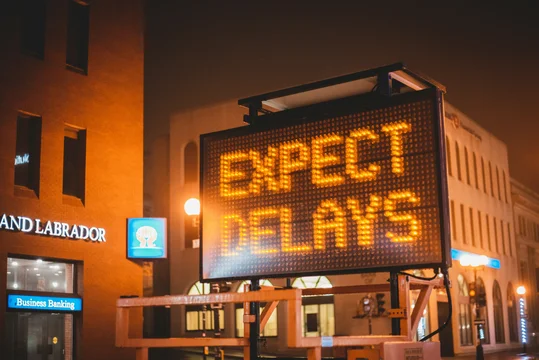
As we've discussed, parties sometimes treat the deadline for "substantial completion of document production" as a soft deadline, doing a "rolling production" afterwards that can be quite voluminous. An opinion from Judge Bibas today shows the risk of not taking that deadline seriously.
In the opinion, Judge Bibas excluded over 60,000 rows of spreadsheet sales data that were produced by a defendant in an Fair Labor Standards Act class action, after the defendant waited until six months after the deadline for substantial completion of document production to produce the data.
As usual for Judge Bibas, his opinion is an interesting read and a bit different from what we typically see from other judges in Delaware. …






